The Kenyan export industry was brought to a substantial standstill in the wake of the Corona pandemic. Due to the lack of air freight capacity and correspondingly high freight charges, there were extraordinary price increases and a tight supply situation. The closure of catering outlets in many European countries also meant there was a lack of demand from specialist wholesalers, the most important market for Kenyan agricultural produce, comments Stella Rasmussen, head of the company of the same name and a specialist in Kenyan fresh produce.
"Still difficult." That's how Ms. Rasmussen sums up the current market situation. "We are exporting much less than usual because wholesale demand is simply lacking due to the elimination of the food service industry. Therefore, another extension of today's February lockdown would be disastrous for us."
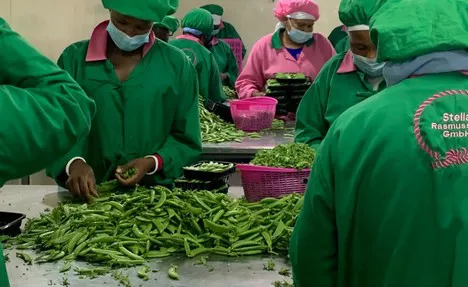
Air freight charges and increased export taxes
Adding to the problem are increased air freight charges, such as $2/kg at Frankfurt Airport. In addition to higher freight costs, the tax on agricultural products was also increased significantly from Jan. 1 as part of a new regulation by the Kenyan government. "Both of these developments are particularly troubling for us exporters: For us, the worst-case scenario, so to speak, has unfolded." Therefore, the first Kenyan export companies already fell victim to the virus.
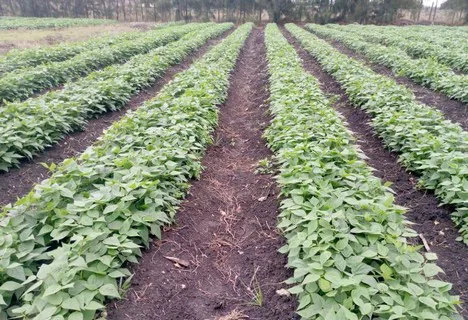
Stella Rasmussen LLC has been selling Kenyan fresh produce from its own contract farming on the international market for a good two years. The company's main sales markets include France and the Netherlands, it said. "Due to high freight costs, we cannot serve other countries outside Europe at all at the moment."
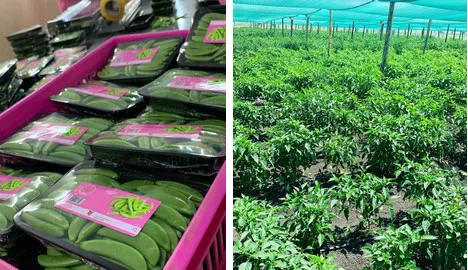
Lower export volumes
"For snap peas - one of our main products - we are currently in direct competition with cheaper alternatives from Guatemala. Herbs were planted less on our plantations last year because we found that during the Kenyan season, people often turn to produce from the Mediterranean. As a result, we now have fewer quantities for export," says Rasmussen, describing the trends in the individual product categories.
But hope dies last, emphasizes the always good-humored entrepreneur. "Starting in March, we will start the Kenyan avocado season. We want to expand our activities in this area this year, both in shipped and flown goods. We are also aiming for further expansion in the long term, because Kenya's export potential is huge. I see export opportunities for limes, blueberries and organic sweet potatoes, among others. To make this happen, however, we are still looking for an investor."
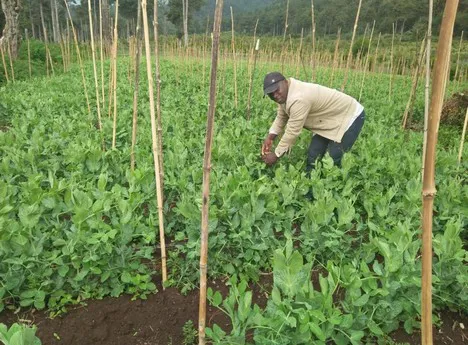
Pulse plantation in Kenya: pulses are part of the Ganjahr assortment of Meerbusch LLC. Normally, the main season would start around the end of January.
Improvement expected soon
With regard to the current corona situation, Ms. Rasmussen also believes that the market situation will soon ease. This is because the first vaccinations have already taken place, she continues. "I believe that the situation will have improved significantly by the time we launch our avocado campaign."
For more information:
STELLA RASMUSSEN GmbH
Stella Rasmussen 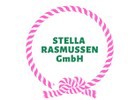
D-40670 Meerbusch
Tel: +49 (0) 1746342466
Email: Stella@stellarasmussen.com
Web: www.stellarasmussen.com
